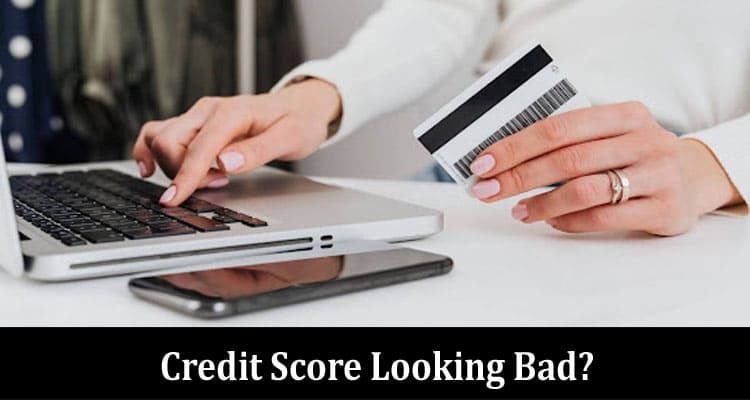When applying for financial products like car loans, mortgages, etc., having a good credit score can save you hundreds or even thousands of interest. However, the opposite is also true. As we all know, a lender would categorize someone as risky when they have a low credit score.
As a result, they would give the borrower a loan offer with high interest to offset the risk of them defaulting on a loan. This would only happen if they give you an offer in the first place. If a lender categorizes you as a risky borrower, they would most likely dismiss your offer.
In short, poor credit scores will make your financial life much harder. Fortunately, there are many ways you can fix it as soon as possible, and even luckier, that’s what we will be talking about today.
This article will discuss some tips and tricks for fixing your credit score ASAP.
Check Your Credit Report for Errors
If you haven’t checked your credit report, this may be a good time. As unfortunate as it is, identity theft is pretty common nowadays, and these thieves will use your information and open an account using your name. It can become one of the reasons why your credit score is so low, even though you haven’t done anything financially in a while.
You can file a dispute with credit bureaus if you see errors in your credit report. You can do it online or through mail. However, you can only file a dispute on a negative mark that you didn’t do. If there’s a negative mark on your account for something you did, that isn’t grounds for a dispute.
Pay Down Your Revolving Debt First
If you want to see fast changes in your credit score, one of the quickest ways to do that is to pay off all of your revolving credit, specifically your credit card debt. This can impact the “accounts owed” factor on your credit score due to the changes it will have on your credit utilization ratio.
Your credit utilization ratio refers to the amount of credit you utilized against your available credit. For example, if you have an available credit of $1,000 and borrowed $500, your credit utilization is 50%.
A good rule of thumb is to keep your credit utilization ratio below 30%. Using the example above, you should only borrow less than $300 on your available credit. That said, what exactly is revolving credit? Notable examples of revolving credit are your credit card, home equity line of credit, personal line of credit, etc. Revolving debt is a huge factor in your credit utilization ratio, so you might want to pay it off first.
Keep Your Old Credit Cards Open
We know it’s tempting to close down accounts once you’ve settled your debts with them. It’s satisfying, but it can ultimately negatively affect your credit score. How, you ask? This is because once you close down your settled account, your credit history will tank, which is a significant factor in calculating your credit score. The longer your credit history is, the better your credit score will be.
Not only that, but it can also affect your credit utilization ratio. Think about it. Let’s say you have $1000 available credit on two of your credit cards combined and a credit utilization of 25%. Once you close down one account, your available balance will be $500, making your credit utilization ratio 50%. That will shave down a significant number of points on your credit score. If you can, open a new credit card, which increases your total loan balance overall.
Always Pay Your Bills on Time
Your payment history makes up 35% of your credit score. If you fail in that regard, your credit score will tank down 35%, which is a significant number of points. Not only that, but most lenders will look specifically at your payment history, and if they define it as risky, you’ll have a harder time getting a loan. While it may be a challenge to pay your bills on time, one thing you can do in this regard is opt for autopay.
Autopay is an automatic charge to your bank account once the deadline for your monthly repayment is up. However, you can also set it at a more specific time if you want to. But of course, some bills aren’t an option for autopay, like your medical bills, so once you get these debts, you would want to pay them off as soon as possible.
Consider Debt Consolidation
In a gist, debt consolidation is putting all your debts into one account to pay them all at once. This way, managing and repaying them will be easier since you’re only minding one interest rate. To simplify things, you can also find a loan account with 0% APR in the first few months or years. This way, you can pay off your balances without paying for the interest.
Final Words
Fixing your credit score can be challenging to do. However, it will be quite bearable once you get the hang of it. But with the tips and tricks discussed above, things will be much easier and cheaper for your budget. Once your credit score is fixed, your financial life will take a turn for the better.


